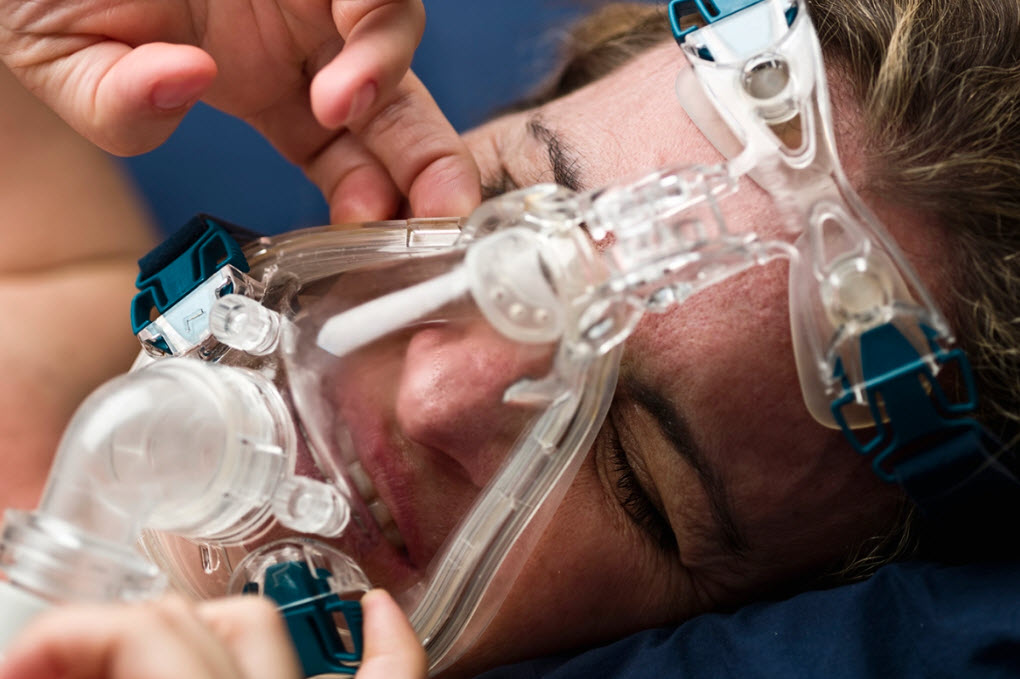Q) Is sleep apnea dangerous?
Yes, definitely! Sleep apnea does more than cause annoying snoring and daytime fatigue. It can have dangerous effects, including an increased risk of high blood pressure, stroke, heart attack, and even death.
Q) I snore, but I don’t really feel like I show any other symptoms of sleep apnea. Could I still have it?
Anyone who snores should visit a doctor for an assessment. We can recommend a medical professional to diagnose your sleep apnea; contact us for more information about how you can explore the cause of your snoring problem.
Q) What causes snoring?
Snoring, just like sleep apnea, is caused by the collapse of soft tissues, which blocks your ability to breathe and causes vibrations that make the sound of snoring. Those who have especially large tonsils or tongues or who have a large amount of fat buildup in the throat will be at a higher risk of snoring, and the louder you snore, the higher your risk of snoring-related problems.
Q) I’ve tried CPAP, but I just can’t seem to wear it comfortably. What do you suggest?

While CPAP (Continuous Positive Airway Pressure) is often a very effective treatment for people suffering with sleep apnea, we also know that some patients find it difficult to wear the CPAP during sleep. If this describes you, we offer CPAP alternative intraoral devices that can open up the airway without the bulk or noise of CPAP. Some patients find it easier to sleep while wearing a CPAP alternative intraoral device. Contact us if you’ve been unable to successfully wear your CPAP during sleep; we can provide a different solution.
Q) Why Do I Snore When I Sleep?
During sleep the muscle tissue that causes snoring tends to relax. The deeper we fall asleep the more relaxed this tissue becomes. This relaxed tissue will begin to cover the airway and thus the snoring sound begins. By the time we start to snore, we are in a deep enough sleep not to hear the noise.
Q) My Husband Stops Breathing During Sleep! Why Does This Happen?
This is extremely bad for your husband’s health. It is a symptom of sleep apena.
Q) What is Obstructive Sleep Apnea or OSA?
Obstructive Sleep Apnea (OSA) is a condition where the airway becomes covered, usually by the tongue, due to abnormal muscle relaxation of the tongue and surrounding muscles in the throat area. With the airway covered, a person does not breathe. Since no breathing is taking place, one’s oxygen level in their body drops and their heart rate increases. This lowered oxygen level is dangerous because it can cause a stroke or heart attack. The higher heart rate is dangerous because it can aggravate high blood pressure. In an attempt to breathe, a person either awakens or partially awakens gasping for breath. Since an individual is always awakening to catch their breath, they never get the deep restful sleep needed by the body.





